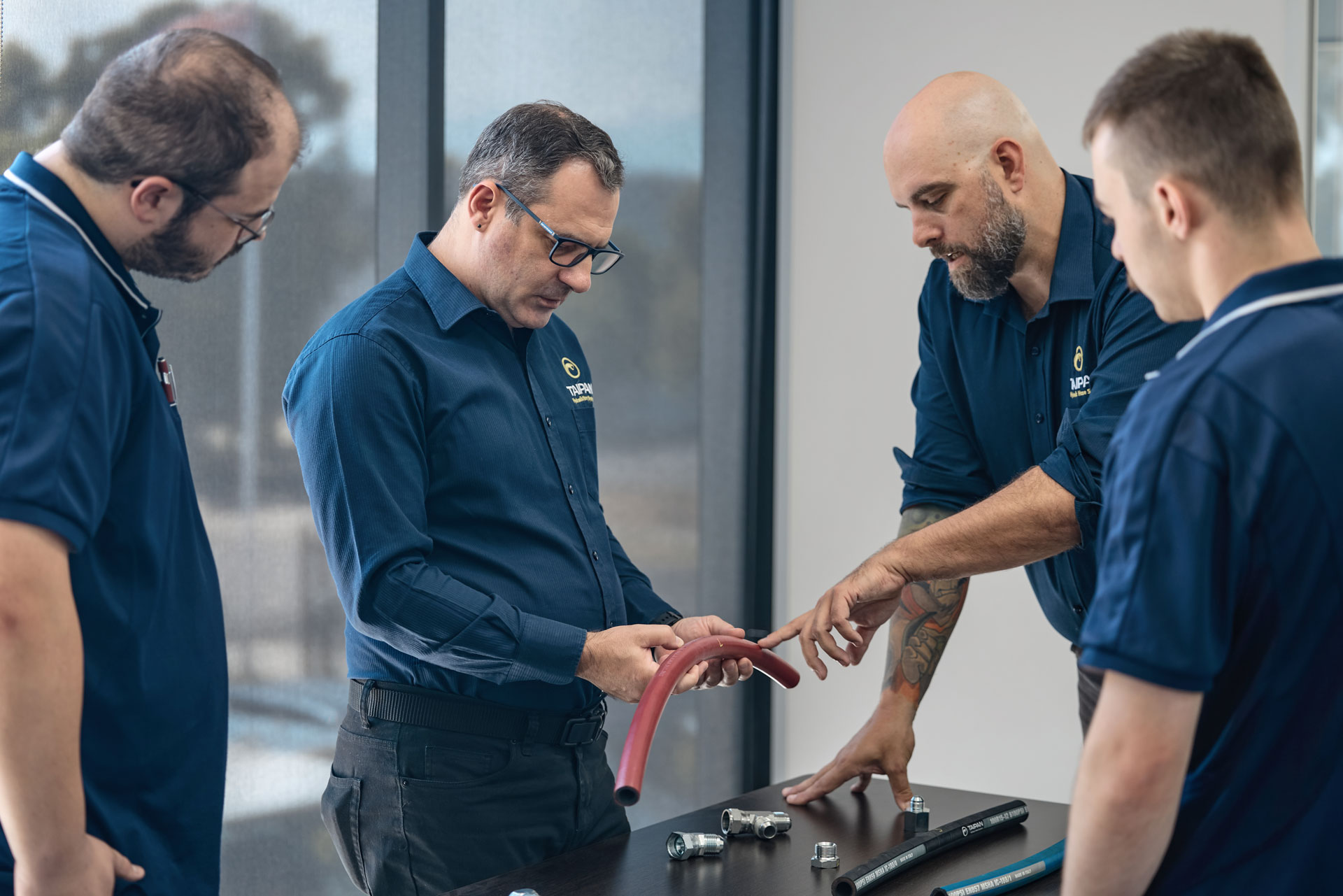It’s easy to assume that the most senior or outspoken team members are the natural leaders of the group. However, by making this assumption, the wrong person can end up leading the team. They may not have the right skill set or correct approach and often burn out, leaving both them and the team unhappy. Typically, instead of stepping down, these unhappy new leaders end up finding opportunities elsewhere. Suddenly you’ve lost a great employee, who you’ve been relying on, simply because they were promoted into the wrong role.
True leadership potential often lies in less obvious places, but you can learn to spot it! Employees who consistently demonstrate strong problem-solving skills, emotional intelligence, and have the natural ability to motivate others will often be the most suitable for a leadership position. Being able to manage people is what matters, not excelling at the actual job.
So, what steps should you take to mentor emerging leaders?
- Encourage team members to embrace new challenges beyond their typical responsibilities by offering training and development programs specifically designed to enhance their leadership skills
- Foster a growth mindset within your team by promoting continuous learning through access to webinars, online courses, and books
- Most importantly, maintain honest and transparent conversations about upcoming opportunities, current skill levels, and areas for improvement. You can recognise the potential in individuals while still understanding the significant time and effort required to help them achieve their full potential
By recognising leadership potential and providing honest feedback to emerging talents, you can cultivate great leaders from your team who are loyal and committed to your company thanks to the time and effort you’ve invested in helping them reach their full potential.

